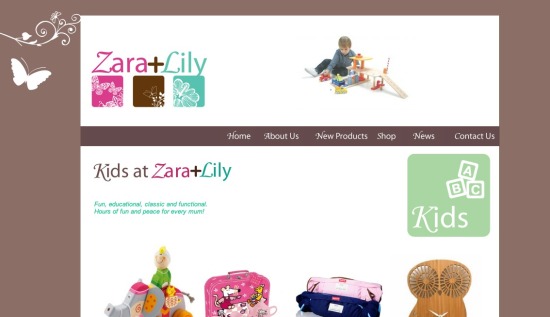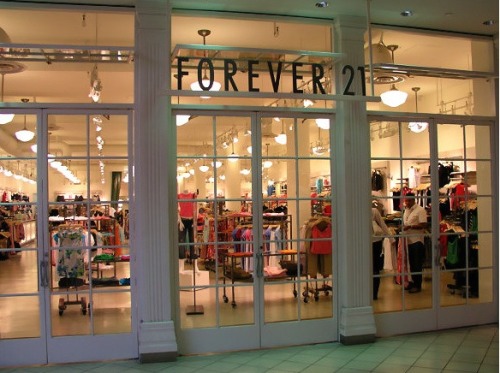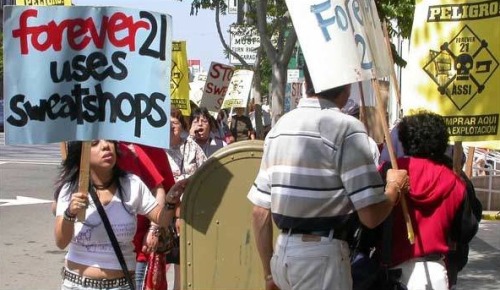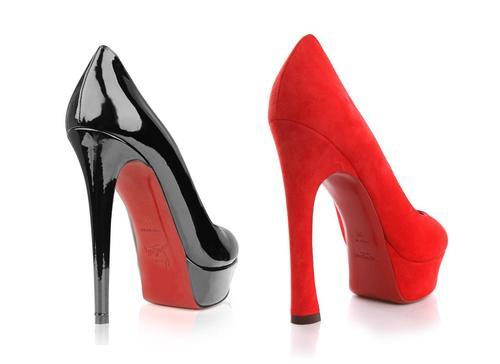War of the Burches
 Friday, December 14, 2012
Friday, December 14, 2012 A "drunken WASP fest" is how Tory’s trial judge, Leo Strine of Delaware Chancery Court, described the case. His words, not mine. As covered in our previous post, Chris Burch filed suit on October 2, 2012 against his ex-wife and Tory Burch LLC for breach of contract and interference with the sale of his 28 percent stake, worth $600 million, in the Tory Burch line. This was after rumblings that his ex-wife was considering suing Chris Burch for trade dress infringment over his C. Wonder line. Initially, the fashion designer responded to the litigation in an NBC interview. But just this last week, Tory took legal steps and had her lawyers file an answer and counterclaims to her ex-husband's suit.

In her court papers, Tory's lawyers cited breach of fiduciary duty, breach of contract, equitable relief, unfair competition, misappropriation of trade secrets and deceptive trade practices. She is looking for injunctive relief, damages and attorneys’ fees and expenses. The designer alleges that her former husband “repeatedly asked for and was given full complete access to competitively sensitive information about the company [Tory Burch LLC] and its best-selling products” in order to create the retail concept C. Wonder. Tory considers C. Wonder a "knock-off" of the Tory Burch retail concept, in everything from the store fixtures, furnishings, area rugs, and wall treatments to the sweater designs, button details, and general aesthetic. In her counterclaim, Tory's lawyers cited examples in which media outlets have confused C. Wonder with Tory Burch. However, Chris's lawyer responded that his client has not violated Tory's intellectual property. "These are timeless styles that other people invented. I don’t think Tory Burch invented the cardigan, the gold button or the ballet flat.” Since this is the latest fashion law case that keeps on giving, we'll be sure to keep our readers updated with any further developments.
Image Courtesy of NYmag.com




